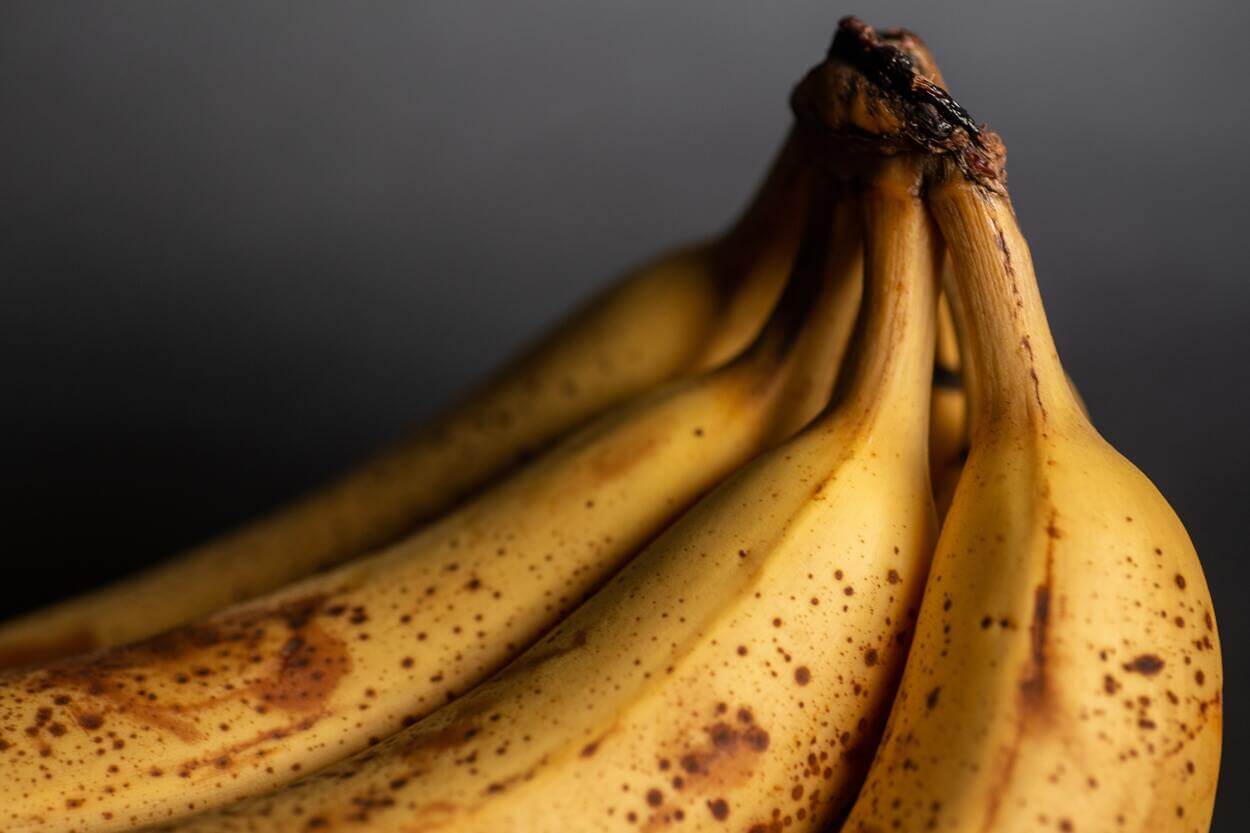

Articles
How To Store Bananas To Avoid Fruit Flies
Modified: October 19, 2024
Learn how to store bananas to prevent fruit flies and keep your fruit fresh. Discover effective techniques and tips in our informative articles.
(Many of the links in this article redirect to a specific reviewed product. Your purchase of these products through affiliate links helps to generate commission for Storables.com, at no extra cost. Learn more)
Introduction
Welcome to our comprehensive guide on how to store bananas to avoid pesky fruit flies. We’ve all experienced the annoyance of finding tiny flies buzzing around our ripe bananas. Fruit flies are attracted to the sweetness and aroma of ripe bananas, making them a common sight in our kitchens.
In this article, we will delve into the science behind why fruit flies are drawn to bananas, the importance of proper banana storage, and provide you with practical tips to keep those annoying pests at bay. By following these simple guidelines, you can enjoy your bananas without the unwanted company of fruit flies.
So, let’s dive in and learn how to store bananas effectively to keep fruit flies away!
Key Takeaways:
- Keep bananas separate from other fruits, store at a cool temperature, and use banana hangers to deter fruit flies. Wrapping banana stems and properly storing leftovers are key to enjoying fresh bananas without unwanted pests.
- Regularly check for overripe bananas and promptly discard them to prevent fruit fly attraction. Implement proper storage techniques to preserve the quality and flavor of bananas for an extended period.
Read more: How To Store Fruit To Avoid Fruit Flies
Understanding Fruit Flies and Bananas
Before we jump into the specifics of storing bananas, let’s take a moment to understand the relationship between fruit flies and bananas. Fruit flies, scientifically known as Drosophila melanogaster, are small insects that are commonly found in homes, particularly in the kitchen area.
These insects have a strong attraction to ripe fruits, including bananas, because they are drawn to the sweet and fermented odors that these fruits emit. Fruit flies have an incredibly acute sense of smell, which allows them to detect even the faintest scent of ripening fruit. That’s why they can pinpoint a bunch of ripe bananas from across the room!
Now, you might be wondering why fruit flies are so attracted to bananas specifically. Well, it’s because bananas undergo a process called ripening, which involves the production of ethylene gas. This gas is released as the fruit begins to soften and change color, acting as a signal to attract fruit flies.
Interestingly, fruit flies not only feed on the ripe fruit but also help with the decomposition process. They lay their eggs in decaying or overripe fruits, allowing their larvae to consume the soft, fermenting flesh. This symbiotic relationship between fruit flies and fruits is a natural part of the ecological cycle, but it can be quite a nuisance for us when they invade our kitchens.
Now that we have a basic understanding of fruit flies and their attraction to bananas, let’s explore why it’s crucial to store bananas properly to prevent fruit fly infestations.
Why Fruit Flies Are Attracted to Bananas
There are a few key reasons why fruit flies are drawn to bananas. Understanding these factors will help us better understand how to prevent fruit fly infestations when storing bananas.
1. Aroma: Ripe bananas emit a sweet, fruity aroma that is irresistible to fruit flies. Their keen sense of smell allows them to detect this scent from a distance and home in on the source.
2. Ethylene Gas: As bananas ripen, they release a naturally occurring gas called ethylene. This gas acts as a signal to nearby fruit flies that the banana is ripe and ready for consumption. Fruit flies are highly sensitive to ethylene and will be attracted to any area where the gas is present.
3. Sugar Content: Ripe bananas contain a high concentration of sugars, which provides a rich food source for fruit flies. These tiny insects are attracted to sweet substances, and the sugars in ripe bananas serve as a valuable energy source for them.
4. Softened Texture: As bananas ripen, their texture becomes softer and more appealing to fruit flies. These insects prefer fruits that are beginning to break down, as they provide an optimal environment for egg laying and larval development.
It’s important to note that while fruit flies are naturally attracted to bananas, they can also be attracted to other ripe fruits and even other food items, such as overripe vegetables and sugary beverages. However, bananas tend to be a particularly enticing and high-risk target due to their aroma, ethylene gas production, and high sugar content.
Now that we have a better understanding of why fruit flies are attracted to bananas, let’s explore the significance of proper banana storage in preventing fruit fly infestations.
Importance of Proper Banana Storage
Proper banana storage is crucial for preventing fruit fly infestations and maintaining the quality and freshness of the fruit. Failing to store bananas correctly can attract fruit flies, accelerate the ripening process, and lead to overripe and spoiling bananas. Here are some key reasons why proper banana storage is important:
1. Avoiding Fruit Fly Infestations: Fruit flies are attracted to ripe and overripe fruits, including bananas. By storing bananas in a way that minimizes exposure to fruit flies, you can greatly reduce the likelihood of infestations. This is particularly important if you have had previous encounters with fruit flies in your kitchen.
2. Extended Shelf Life: Proper storage can help extend the shelf life of bananas. When exposed to air and temperature fluctuations, bananas tend to ripen more quickly. By controlling these factors, you can slow down the ripening process and enjoy fresh and edible bananas for a longer period of time.
3. Promoting Even Ripening: Storing bananas properly can promote a more even and gradual ripening process. This is important if you like to enjoy bananas at different stages of ripeness. By ensuring consistent storage conditions, you can have a batch of bananas ripening at a pace that suits your preferences.
4. Preventing Spoilage: Improper storage can lead to bananas becoming overripe and eventually spoiling. This not only results in wasted food but also creates a breeding ground for fruit flies. By storing bananas properly and discarding overripe ones promptly, you can minimize the risk of spoilage and fruit fly attraction.
5. Reducing Food Waste: Storing bananas properly can help reduce food waste. When bananas spoil due to improper storage, they often end up in the trash, contributing to the growing problem of food waste. By implementing proper storage techniques, you can maximize the usability of bananas and minimize waste.
By understanding the importance of proper banana storage, you can take the necessary steps to keep your bananas fresh, minimize fruit fly encounters, and enjoy the full flavor and nutritional benefits of this popular fruit.
Tips for Storing Bananas to Avoid Fruit Flies
Now that we understand the importance of proper banana storage, let’s explore some practical tips to help you keep those pesky fruit flies at bay. By implementing these strategies, you can enjoy fresh bananas without the annoyance of fruit fly infestations.
- Separating Bananas from Other Fruits: Fruit flies can quickly spread from one fruit to another. To prevent this, it’s essential to store bananas separately from other fruits. Keep them in a designated area or hang them in a banana hanger to maintain distance and minimize the risk of cross-contamination.
- Keeping Bananas at the Right Temperature: Fruit flies thrive in warmer temperatures. To discourage their presence, store bananas in a cool area, such as a pantry or a cool corner of your kitchen. Avoid placing them near heat sources like ovens or direct sunlight, as this can accelerate ripening and attract fruit flies.
- Using Banana Hangers or Hooks: Banana hangers or hooks are a convenient and effective way to store bananas. By hanging the bananas in mid-air, you create airflow around them, making it harder for fruit flies to land on the fruit and lay eggs. This method also helps to prevent bruising and promotes even ripening.
- Wrapping Banana Stems: Fruit flies are particularly attracted to the stems of bananas, as this is where the highest concentration of ethylene gas is released. Wrapping the stems in plastic wrap or aluminum foil can help contain the ethylene gas and reduce the attractiveness to fruit flies. Remember to loosen the wrap as the bananas ripen to allow for proper air circulation.
- Storing Partially Consumed Bananas: If you have partially consumed bananas, it’s best to store them properly to prevent attracting fruit flies. Place the leftover banana in a sealed container or wrap it in plastic wrap to contain the scent and deter fruit flies from detecting it.
- Regularly Checking and Discarding Overripe Bananas: Overripe bananas are a magnet for fruit flies. To prevent infestations, inspect your banana bunch regularly and discard any bananas that have become too ripe. Promptly dispose of these bananas in a sealed bag or compost bin to minimize fruit fly attraction.
By following these tips, you can significantly reduce the risk of fruit fly infestations and ensure that your bananas stay fresh for longer.
Remember, while these strategies can help prevent fruit fly encounters, it’s important to maintain proper hygiene in your kitchen, such as regularly cleaning countertops, disposing of trash, and properly sealing food containers. Combined with these banana storage tips, you can create a fruit fly-free environment in your kitchen.
Read more: How To Store Peaches To Avoid Fruit Flies
Separating Bananas from Other Fruits
When it comes to storing bananas to avoid fruit flies, one of the most important steps is to separate them from other fruits. Fruit flies can easily transfer from one piece of fruit to another, so keeping bananas away from other fruits can help prevent infestations.
Here are some tips to effectively separate bananas from other fruits:
- Designated Storage Area: Set aside a specific area in your kitchen or pantry dedicated to storing bananas. This area should be separate from where you store other fruits and vegetables. This creates a physical barrier between the bananas and other produce, reducing the chance of cross-contamination.
- Banana Hanger: Consider using a banana hanger or hook. These handy devices allow you to hang your bananas in mid-air, away from other fruits. By suspending them, you create better airflow around the bananas and make it more difficult for fruit flies to access them. Banana hangers can also help prevent bruising and promote even ripening.
- Individual Wrapping: If you don’t have a banana hanger, you can wrap the stems of individual bananas with plastic wrap or aluminum foil. The stems are where ethylene gas, a ripening hormone, is released, attracting fruit flies. Wrapping the stems helps contain the gas and reduces the chances of attracting fruit flies.
By separating bananas from other fruits, you create a barrier that limits the opportunities for fruit flies to land on and infest your bananas. This simple step can significantly reduce the risk of fruit fly infestations and keep your bananas fresh and fly-free.
Remember to regularly check the storage area for any signs of fruit flies and clean the area if necessary. Keeping a clean and organized storage space contributes to effective fruit fly prevention.
Now that we’ve covered the importance of separating bananas from other fruits, let’s move on to the next tip: keeping bananas at the right temperature.
Store bananas in a cool, dry place and separate them from other fruits to avoid attracting fruit flies. You can also wrap the stems in plastic wrap to slow down ripening.
Keeping Bananas at the Right Temperature
Proper temperature control is essential for storing bananas and preventing fruit fly infestations. Fruit flies thrive in warmer environments, so keeping your bananas at the right temperature can help deter these pests from making themselves at home in your kitchen.
Here are some tips for keeping bananas at the right temperature:
- Cool Storage: Store your bananas in a cool area of your kitchen or pantry. Avoid placing them near appliances that generate heat, such as ovens or stovetops. Heat accelerates the ripening process, creating a more inviting environment for fruit flies.
- Avoid Direct Sunlight: Exposure to direct sunlight can also speed up the ripening process of bananas. Find a spot that is away from windows or direct sunlight to store your bananas. Indirect light is typically fine, but minimizing exposure to sunlight can help maintain a cooler temperature and slow down the ripening process.
- Refrigeration: If you want to prolong the shelf life of your bananas, you can consider refrigerating them. The colder temperatures in the refrigerator slow down the ripening process. However, refrigeration can also cause the banana peel to darken more quickly, although the fruit inside remains edible. If you choose to refrigerate your bananas, it’s best to do so when they are at the desired ripeness for your consumption.
By storing your bananas in a cool area and away from heat sources, you can create an environment less favorable for fruit flies. The lower temperature helps to slow down the ripening process, allowing you to enjoy your bananas for a longer period of time without attracting unwanted pests.
It’s important to note that while cooler temperatures deter fruit flies, extreme cold can cause the banana’s flesh to become mushy or the peel to turn black. Finding the right balance is key to maintaining the quality of your bananas.
With the bananas stored at the right temperature, we can move on to the next tip: using banana hangers or hooks for effective storage.
Using Banana Hangers or Hooks
Using banana hangers or hooks is a practical and effective method for storing bananas and preventing fruit fly infestations. These handy devices allow you to hang your bananas in mid-air, keeping them separate from other fruits and creating better airflow around the bananas.
Here’s why using banana hangers or hooks can help in fruit fly prevention:
- Air Circulation: Hanging bananas promotes better airflow around the fruit, which can help prevent moisture buildup and inhibit the growth of fruit flies. Fruit flies prefer damp environments, so increasing air circulation helps create a less attractive environment for them.
- Isolation: By hanging bananas, you separate them from other fruits and create a physical barrier that makes it more difficult for fruit flies to access the bananas. This reduces the risk of cross-contamination between different types of fruit and helps minimize fruit fly infestations.
- Prevent Bruising: When bananas are placed on a countertop or stored in a container, they are more prone to bruising and damage. Hanging bananas prevents them from coming into contact with hard surfaces, keeping them visually appealing and undamaged.
- Even Ripening: By hanging bananas, you encourage even ripening. When bananas rest on a surface, their weight can cause uneven pressure and result in uneven ripening. Hanging them allows for more uniform ripening and better control over the ripeness of your bananas.
When using a banana hanger or hook, make sure to choose a sturdy one that securely holds the weight of the bananas. Hang the bananas with adequate space between them to prevent them from touching and potentially causing bruising.
Keep in mind that while banana hangers or hooks are a useful tool, they may not be suitable for everyone, especially if you have limited space or if the design doesn’t match your kitchen decor. In such cases, you can explore alternative methods like wrapping banana stems or storing bananas in a designated area away from other fruits.
With your bananas securely hanging, we can move on to our next tip: wrapping banana stems to deter fruit flies.
Wrapping Banana Stems
Wrapping the stems of bananas is a simple yet effective strategy for deterring fruit flies and extending the freshness of your bananas. The stems of bananas are where the highest concentration of ethylene gas, a ripening hormone, is released. This gas acts as a signal to fruit flies that the banana is ripe and ready for consumption.
Here’s how you can wrap the stems of bananas to prevent fruit fly attraction:
- Materials: You will need plastic wrap or aluminum foil to cover the stems of the bananas. These materials effectively contain the ethylene gas and reduce the chances of attracting fruit flies.
- Process: Take a piece of plastic wrap or aluminum foil and gently wrap it around the stem of each banana. Ensure that it is secured tightly enough to limit the release of the ethylene gas, but not so tight that it restricts air circulation. The wrap should cover the entire stem and overlap slightly at the base.
- Adjustment: As the bananas ripen, it’s important to periodically adjust the wrapping to accommodate the increasing size of the stem and the ripening process. Loosen the wrap slightly to allow for proper air circulation as the bananas reach their desired ripeness.
By wrapping the stems, you can contain the release of ethylene gas and discourage fruit flies from being attracted to your bananas. This simple step can help extend the shelf life of your bananas and reduce the risk of fruit fly infestations.
Remember to regularly check the wrapped bananas for any signs of overripeness or spoilage. If you notice any bananas showing signs of decay or attracting fruit flies, promptly discard them to prevent the spread of infestations.
Now that we’ve covered wrapping the banana stems, let’s move on to storing partially consumed bananas to maintain their freshness.
Read more: How To Store A Banana
Storing Partially Consumed Bananas
Have you ever wondered what to do with a partially consumed banana? Whether you couldn’t finish a whole banana or you have leftover slices, it’s important to store them properly to prevent attracting fruit flies and preserve their freshness for later consumption.
Here’s how you can store partially consumed bananas effectively:
- Sealed Containers: Place the partially consumed banana in a sealed container. Clear plastic containers or resealable bags work well for this purpose. The airtight seal prevents the scent from escaping and discourages fruit flies from detecting the leftovers.
- Plastic Wrap: Alternatively, you can wrap the exposed flesh of the partially consumed banana with plastic wrap. Ensure that it is tightly sealed to minimize the release of scent and to keep the fruit safe from fruit fly access.
- Refrigeration: If you don’t plan on consuming the partially consumed banana immediately, you can refrigerate it. Place the wrapped or sealed banana in the refrigerator, preferably in the produce drawer or in a designated spot away from other food items. This helps maintain a cooler temperature and prolongs the freshness of the banana.
By properly storing partially consumed bananas, you minimize the risk of attracting fruit flies and preserve the quality of the fruit. Keeping the scent contained and the flesh protected helps to deter fruit flies from detecting the remnants of the banana.
Remember to check on the stored bananas periodically and discard any that show signs of spoilage or overripeness. Proper storage practices not only prevent fruit fly infestations but also help to reduce food waste and make the most of your bananas.
With the partially consumed bananas safely stored, let’s move on to our next tip: regularly checking and discarding overripe bananas.
Regularly Checking and Discarding Overripe Bananas
Regularly checking and discarding overripe bananas is a crucial step in preventing fruit fly infestations and maintaining a clean and pest-free kitchen. Overripe bananas are a magnet for fruit flies, attracting them with their strong aroma and high sugar content.
Here’s what you can do to ensure that overripe bananas are promptly disposed of:
- Inspect Regularly: Take a few moments each day to inspect your banana bunch for any signs of overripeness. Look for bananas that are getting excessively mushy, have brown spots, or emit a strong sweet smell. These are indicators that the bananas are becoming overripe.
- Discard Promptly: Once you identify an overripe banana, promptly discard it. Place it in a sealed bag or container to contain the scent and prevent fruit fly attraction. You can dispose of the overripe bananas in the trash or use them for baking or making smoothies if they are still edible.
- Composting: If you have a compost bin or pile, you can also choose to compost overripe bananas. Composting helps divert organic waste from landfills and provides nutrient-rich compost for your garden or plants.
By regularly checking and discarding overripe bananas, you remove potential breeding grounds for fruit flies and reduce the risk of infestations in your kitchen. This proactive approach helps you maintain a clean and pest-free environment.
It’s also important to note that as bananas ripen, they release more ethylene gas, which can quicken the ripening process of neighboring fruits. Keeping a close eye on the ripeness of your bananas helps prevent premature ripening of other fruits and ensures that your produce stays fresh for longer.
Now that we’ve covered the importance of regularly checking and discarding overripe bananas, let’s summarize what we’ve learned so far.
Conclusion
Properly storing bananas to avoid fruit flies is essential for maintaining the freshness of this beloved fruit and preventing annoying infestations. Fruit flies are naturally attracted to the sweetness and aroma of ripe bananas, making them a common sight in many kitchens. By implementing the following tips, you can keep your bananas fresh and free from fruit flies:
- Separate bananas from other fruits to prevent cross-contamination and infestations.
- Keep bananas at the right temperature by storing them in a cool area away from heat sources.
- Utilize banana hangers or hooks to promote airflow and discourage fruit fly access.
- Wrap banana stems with plastic wrap or aluminum foil to contain ethylene gas release.
- Properly store partially consumed bananas in sealed containers or wrap them to deter fruit flies.
- Regularly check for overripe bananas and promptly discard them to prevent fruit fly attraction.
By following these tips, you can enjoy fresh and delicious bananas without the pesky presence of fruit flies. Remember to maintain good hygiene in your kitchen, regularly clean your storage areas, and practice proper food waste management.
Bananas are a versatile and nutritious fruit that can be enjoyed on their own or incorporated into various recipes, from smoothies to baked goods. With proper storage techniques, you can preserve their quality and flavor for an extended period of time.
So, next time you bring home a bunch of bananas, be sure to implement these tips and keep those fruit flies at bay. Happy banana storage!
Now that you've mastered storing bananas to dodge fruit flies, why not enhance your overall fruit preservation skills? Discover the best fruit storage practices for keeping all your fruits in peak condition. Additionally, if creepy-crawlies in your pantry are bugging you, find out how to effectively manage these pests with tips from pest control experts. These guides will ensure your kitchen remains fresh and pest-free.
Frequently Asked Questions about How To Store Bananas To Avoid Fruit Flies
Was this page helpful?
At Storables.com, we guarantee accurate and reliable information. Our content, validated by Expert Board Contributors, is crafted following stringent Editorial Policies. We're committed to providing you with well-researched, expert-backed insights for all your informational needs.

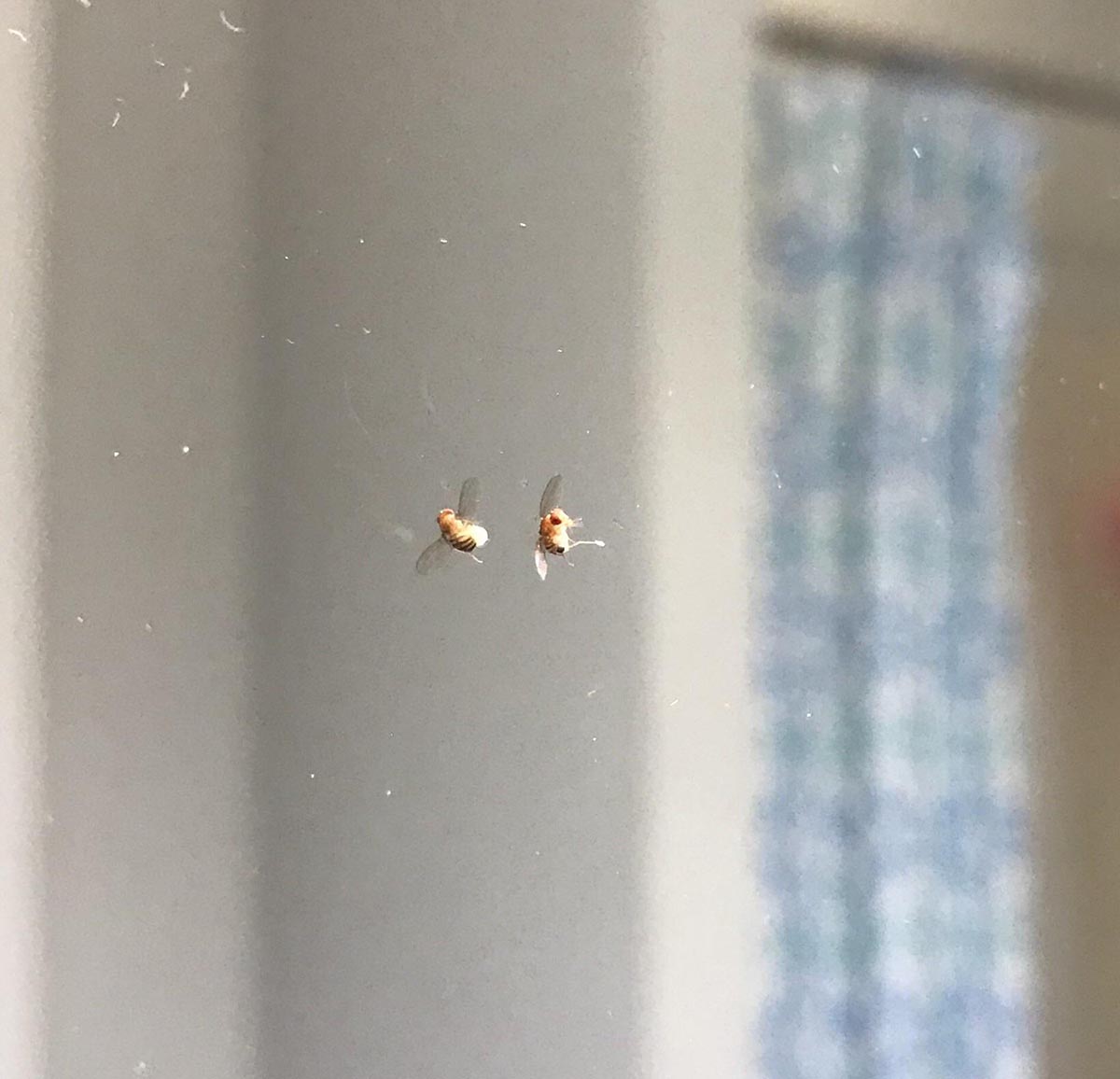
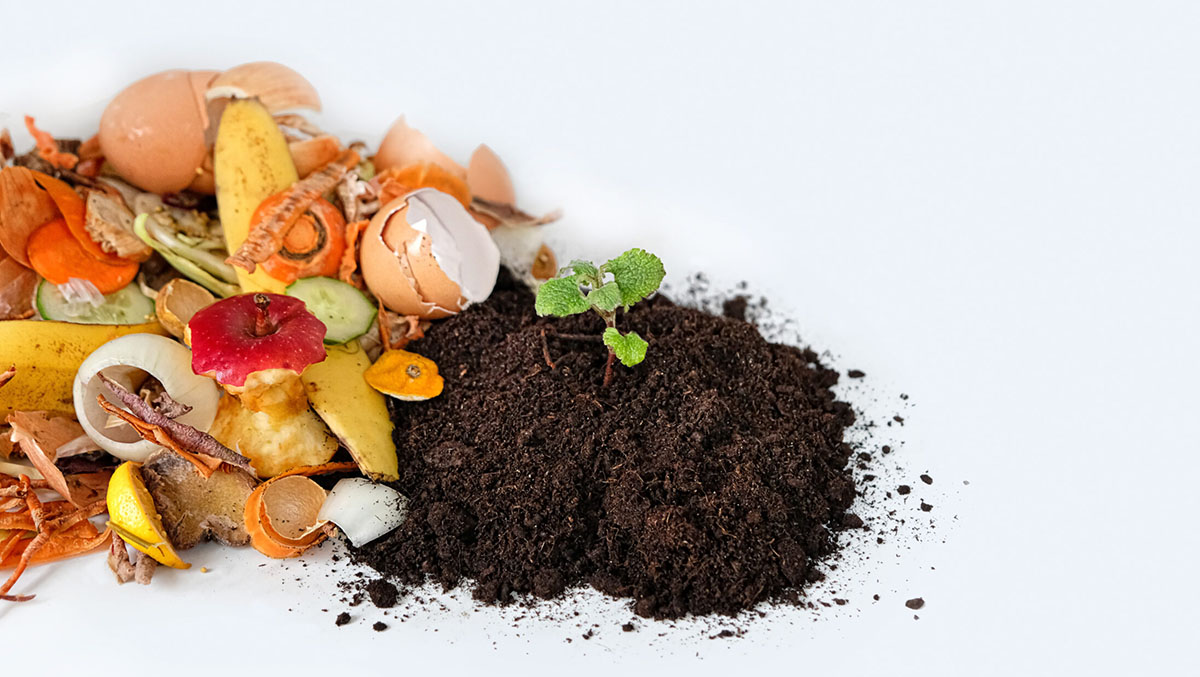
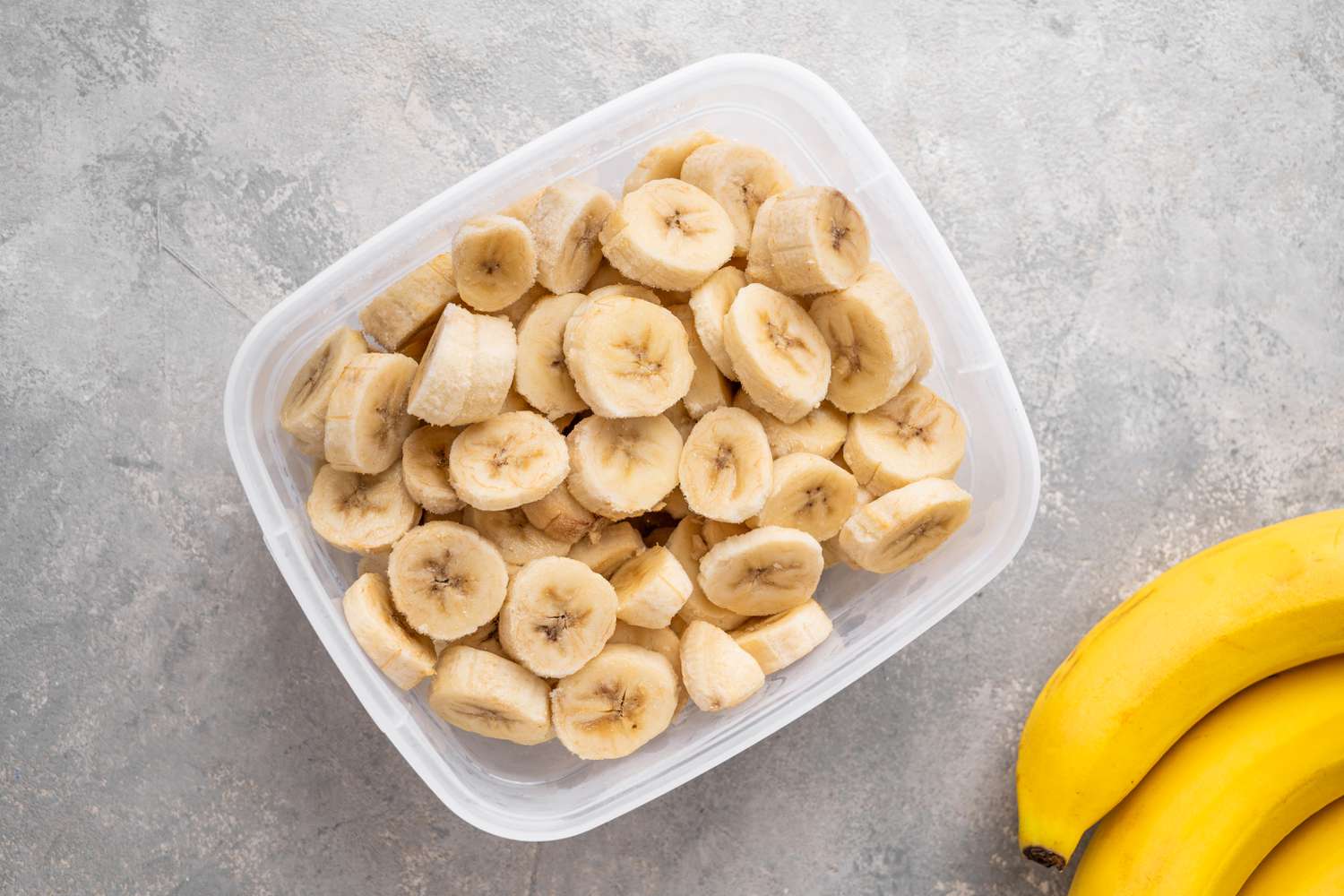
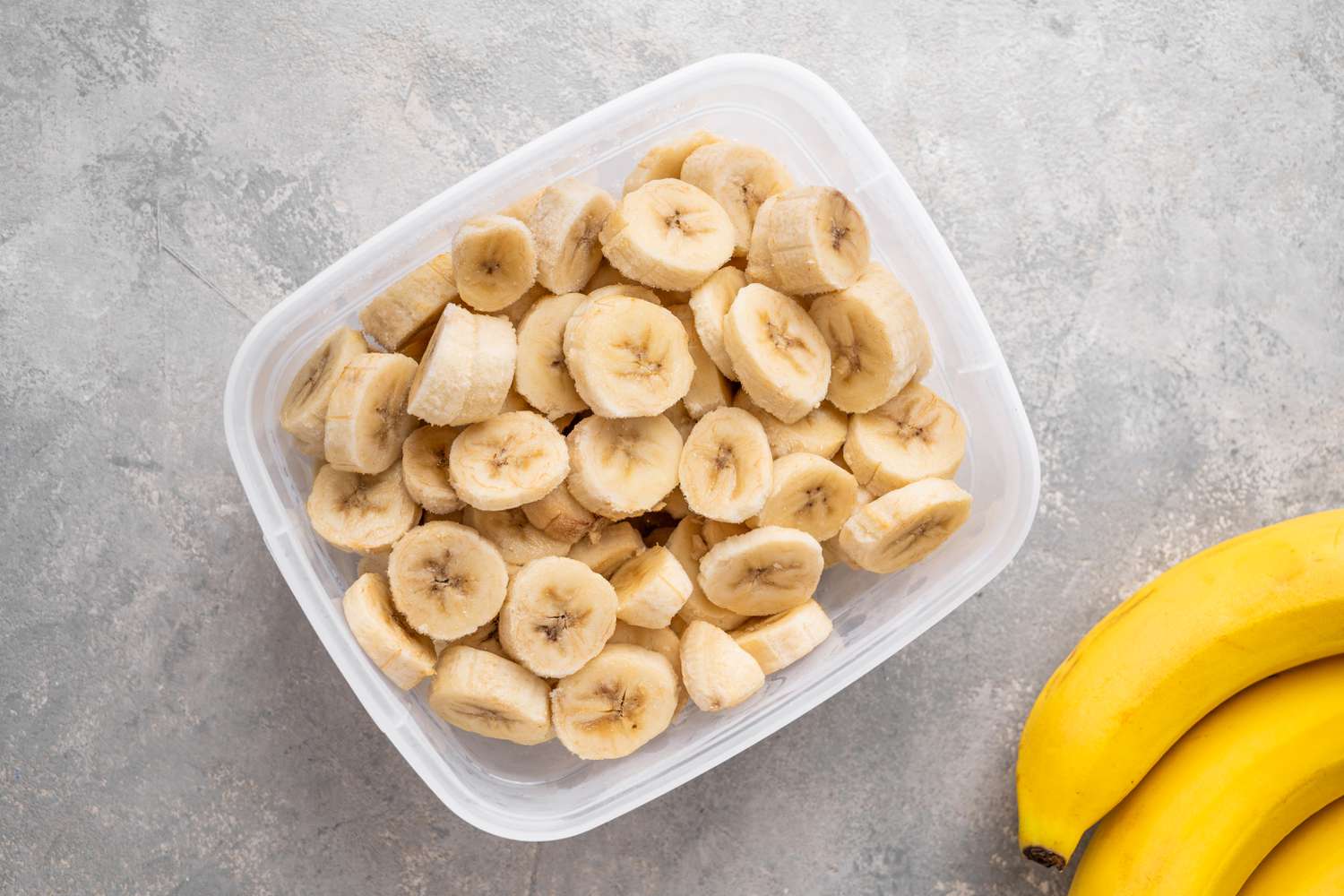
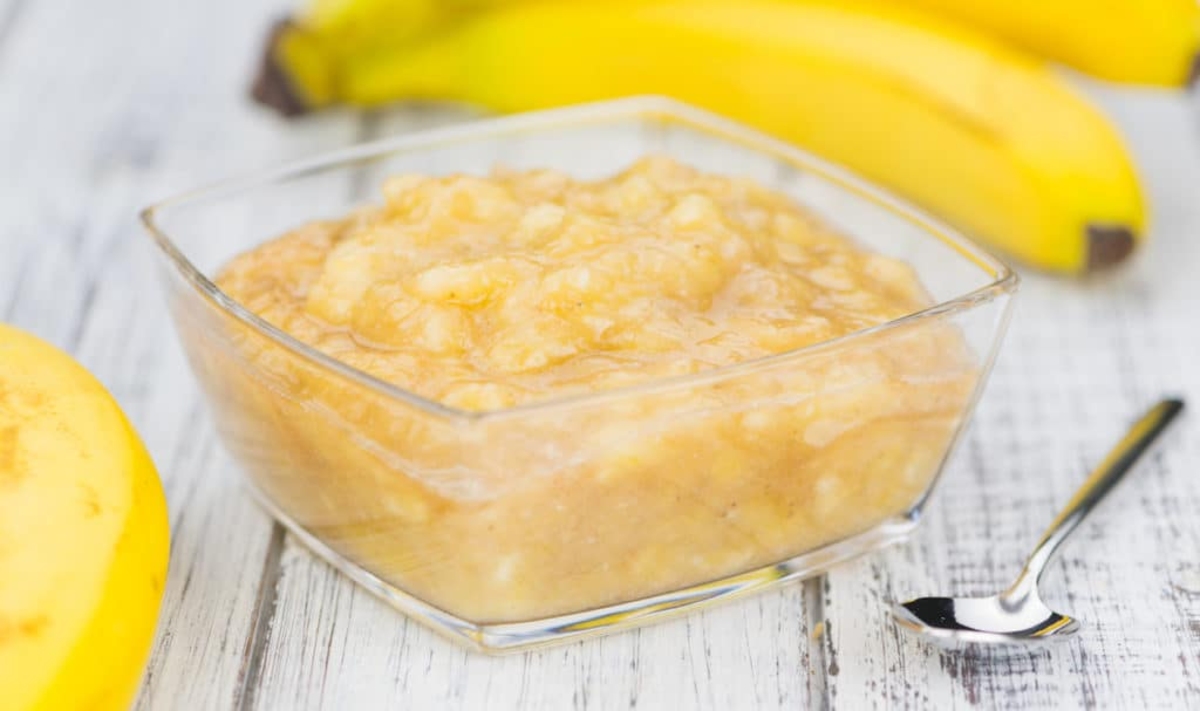
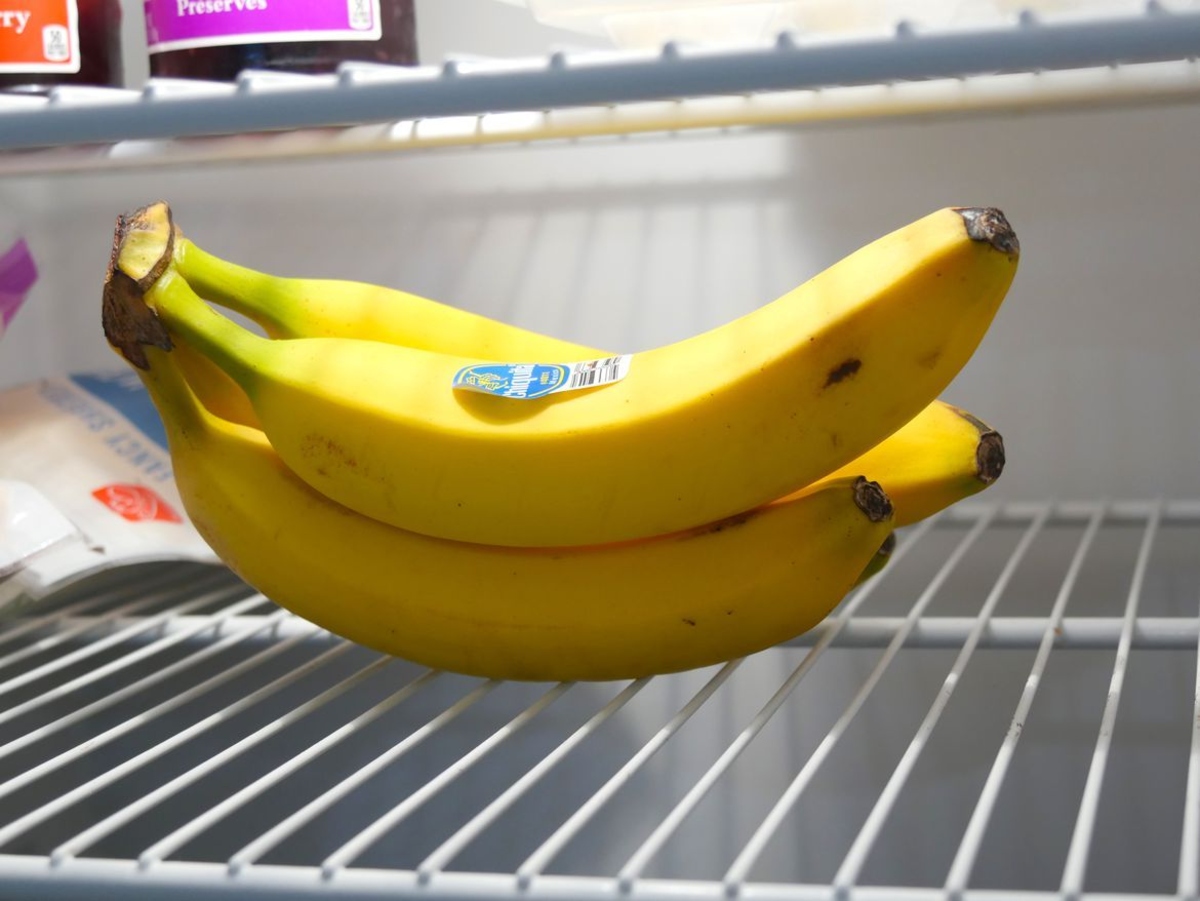
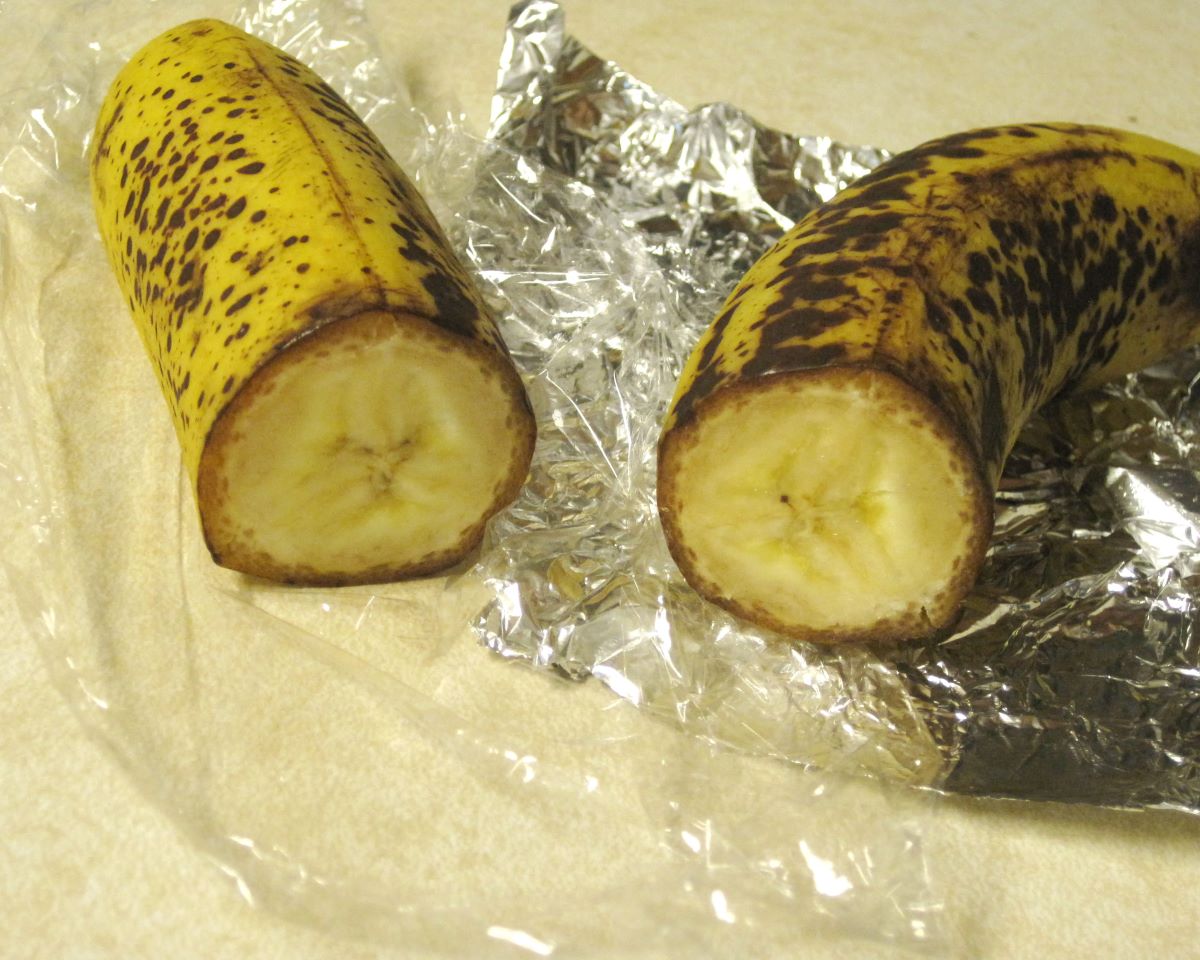
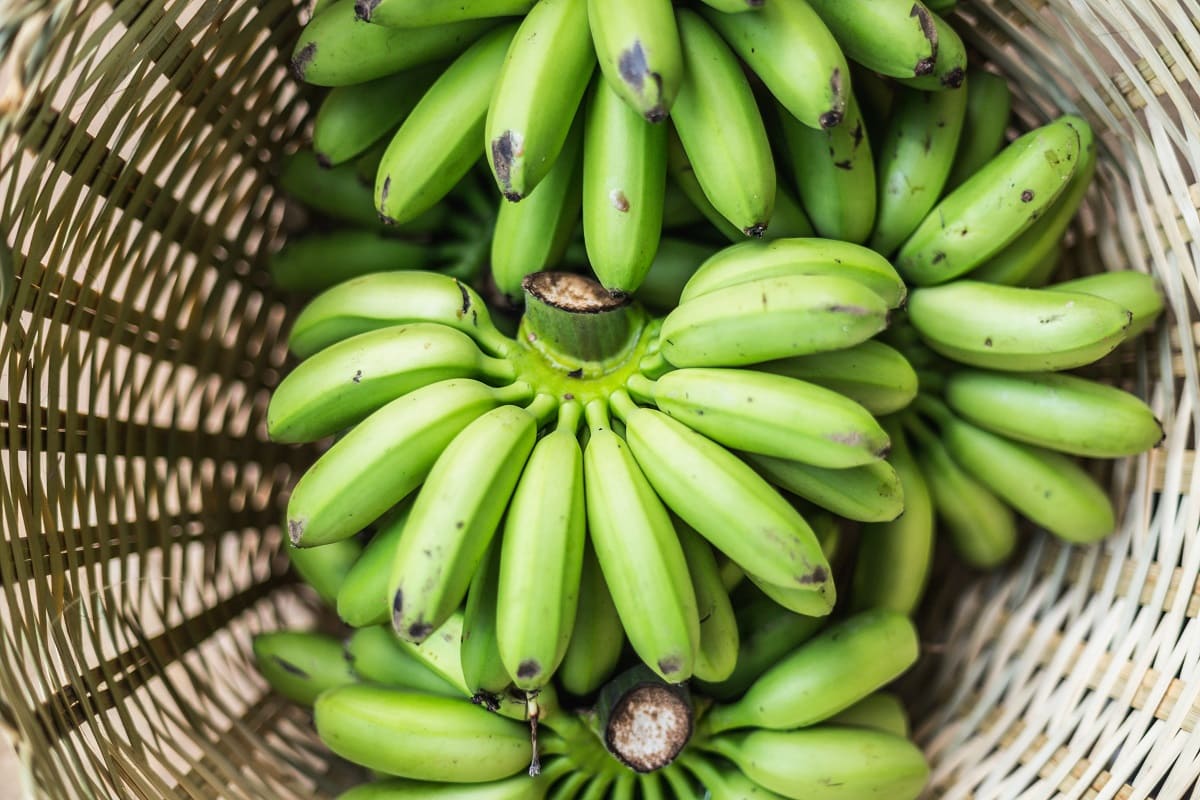
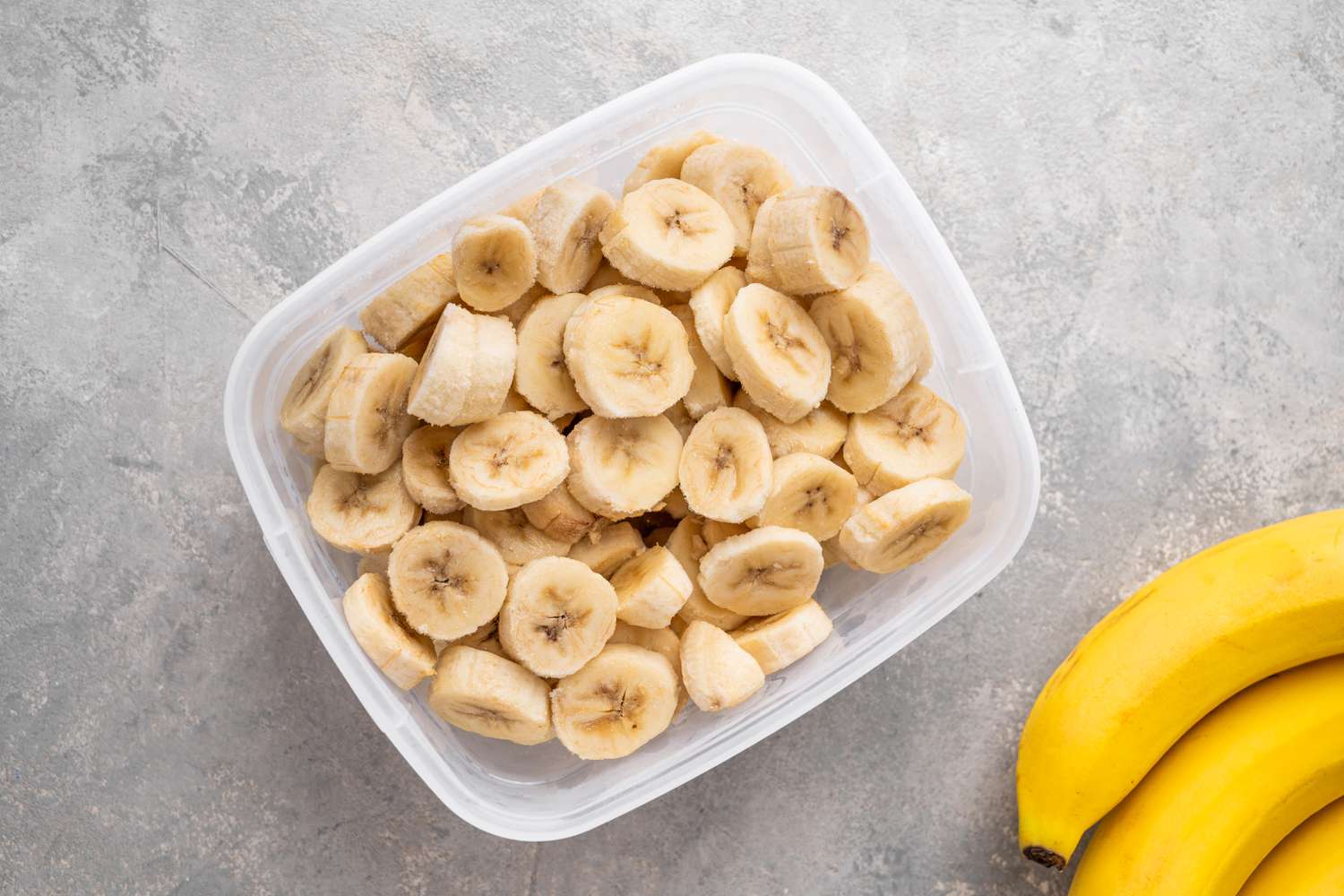
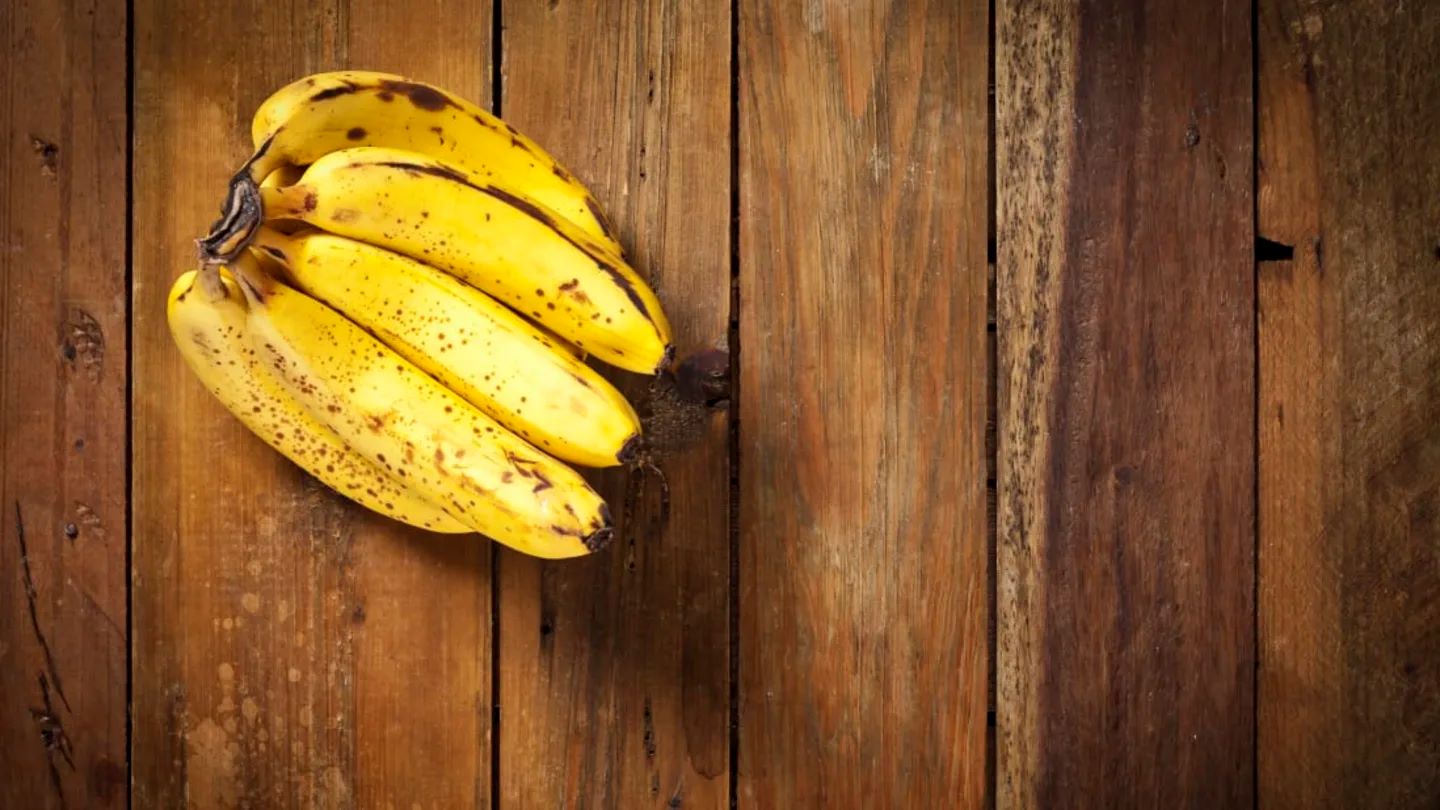
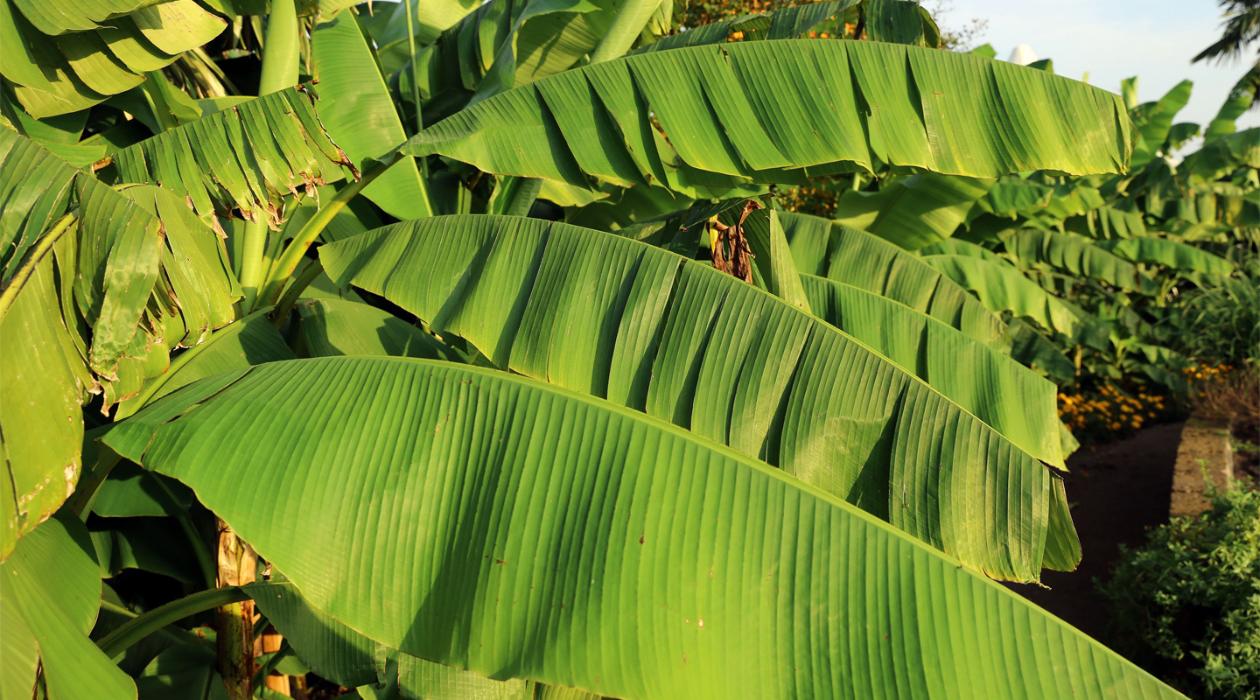
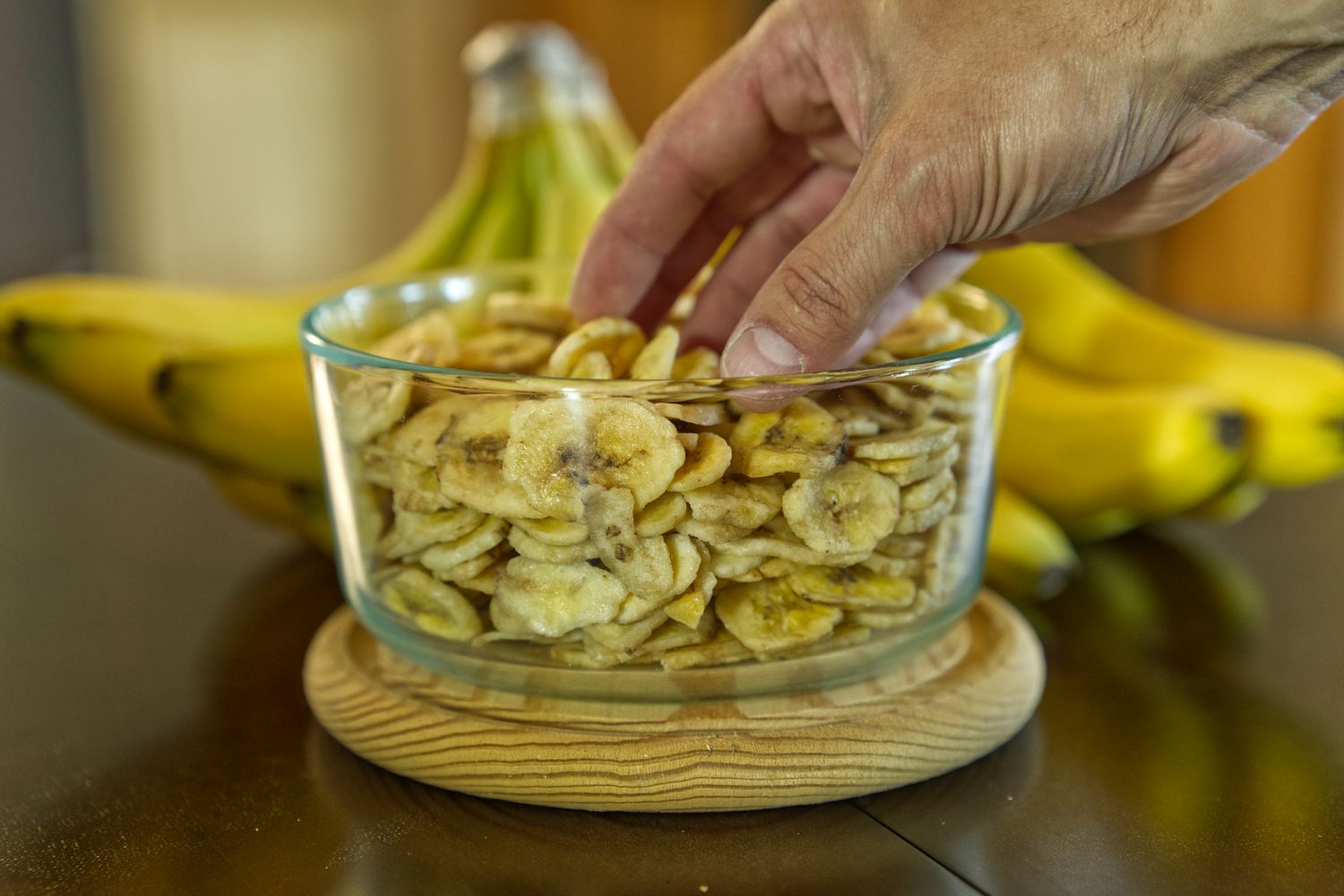

0 thoughts on “How To Store Bananas To Avoid Fruit Flies”